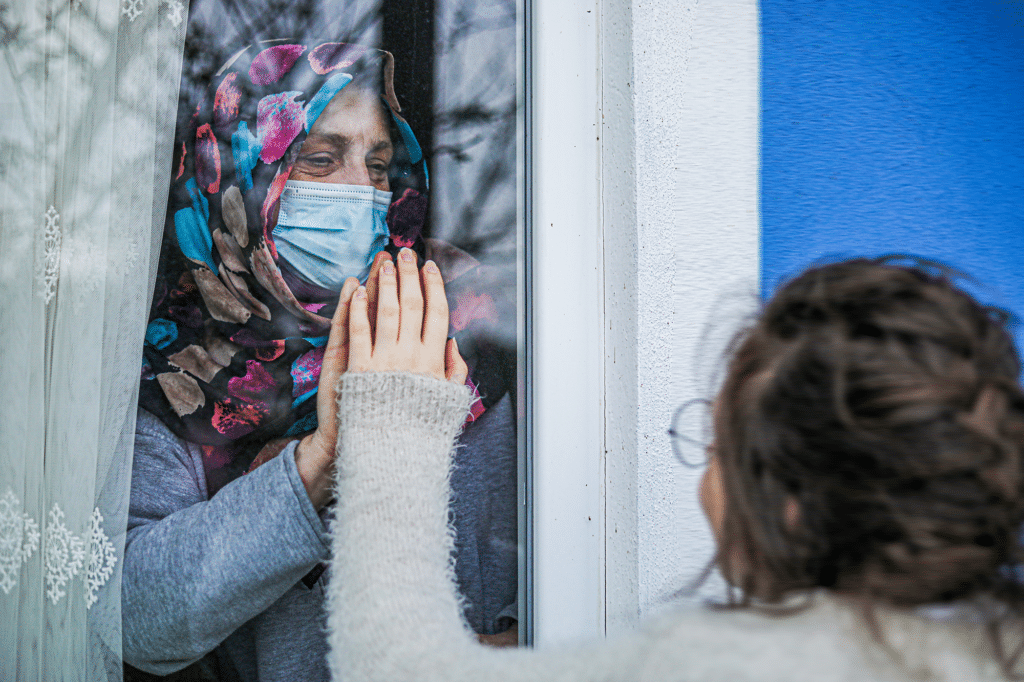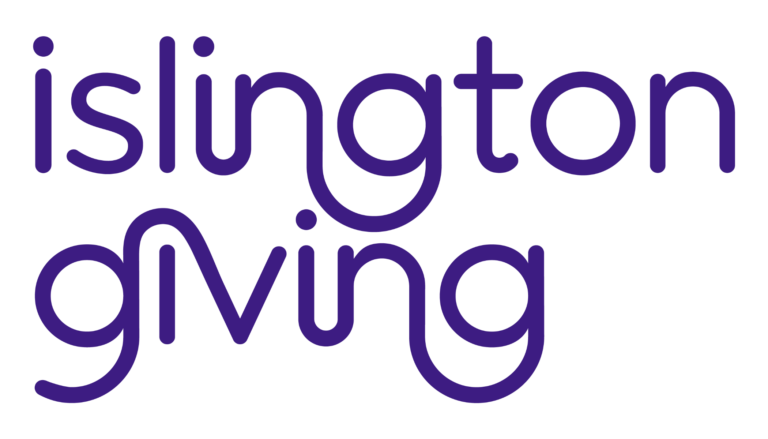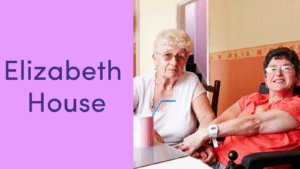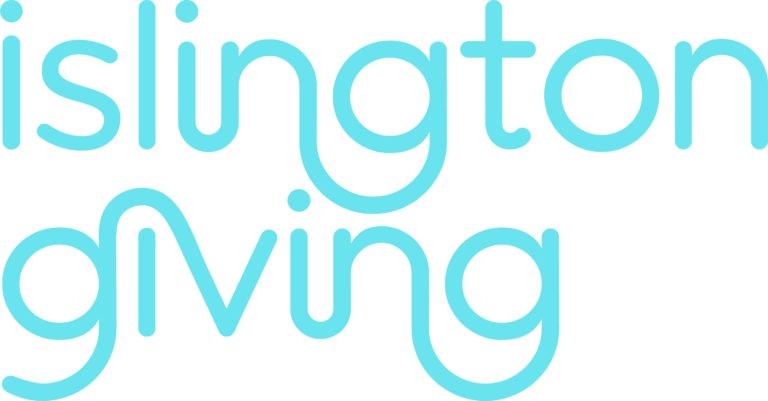Whether founders or frontline workers, carers or activists, students or retired neighbours, Islington is home to inspiring women, leading the way in all they do for their community. Every day we are proud to connect and work with some incredible women in the borough.
But the pandemic is particularly harsh for women too, and in the lead up to a celebratory International Women’s Day we #ChooseToChallenge inequality and wanted to shine a light on added issues that have arisen in the last 12 months.
We know that Covid-19 has made existing equality problems worse and is pushing more women and families into poverty. Women and girls are bearing the heaviest burden when it comes to unpaid care and domestic work during Covid-19. Which means that more women and girls are busy caring, not only for their own health during this crisis, but also for those around them: providing regular care to children and young people, plus homeschooling during the first and third lockdown; assisting their older family members or those with disabilities; or offering emotional support to other adult family members.

Woman in quarantine with her child holding hands behind the window by Burak Sür
93% of lone parents with dependent children are women, which is significant also because unemployment rates among lone parents are far higher than the wider population.
Only a few weeks ago, the women and equalities committee declared that “the pandemic has made existing inequalities worse for pregnant women, new mothers, self-employed, women claiming benefits and those working in the professional childcare sector.”
The Maya Centre, our partner organisation with a client–base of 70% women from minority ethnic backgrounds, has shone a light on the particular situation of marginalised women who have been disproportionately affected by the pandemic. As Emma Brech states on their website, “we know that low-income migrant and refugee women in particular may be trapped at home without their usual support networks, fearful about seeking help and therefore at significantly higher risk of abuse and exploitation. We also know these same women will have all sorts of resilience and resource which are of huge benefit to other women struggling with Covid-19″.
We’ve asked some of the women we work with every day about their experience during the pandemic, the things they are missing, the challenges they face and the extraordinary ways in which women have continued to support other women. These are their stories.







